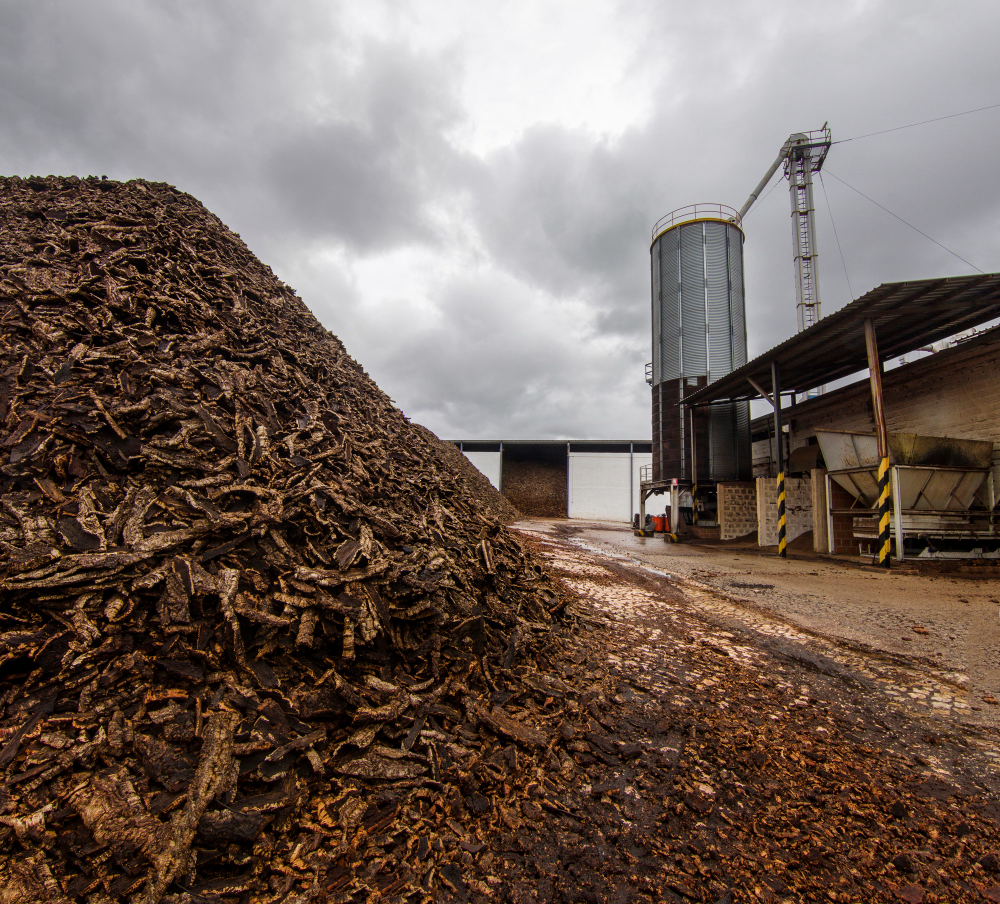Navigating Industry Transformations Over the Next Decade
As we stand on the cusp of a new era, the recycling industry is poised for transformative changes that promise to redefine how we approach waste management and environmental sustainability. Over the next 10 years, a recycling revolution is set to unfold, driven by technological advancements, heightened environmental awareness, and a collective commitment to forging a greener future.
1. Smart Recycling Technologies:
In the coming decade, the recycling industry will witness a surge in smart technologies designed to streamline and enhance recycling processes. From AI-powered sorting systems that improve material separation to IoT-enabled bins that optimize collection routes, technology will play a pivotal role in making recycling more efficient and accessible.
2. Circular Economy Adoption:
The concept of a circular economy, where products are designed for reuse and recycling, will become a central focus. Industries will increasingly shift towards eco-friendly packaging, and consumers will demand products with a reduced environmental footprint. This shift will not only minimize waste but also create a closed-loop system that maximizes resource efficiency.
3. Innovative Materials Recycling:
Beyond traditional materials, the recycling industry will expand its horizons to embrace more complex and diverse materials. Innovations in recycling techniques will pave the way for the reclamation of valuable resources from electronic waste, textiles, and even plastics that were once considered non-recyclable.
4. Community-Centric Recycling Initiatives:
The next decade will witness a surge in community-driven recycling initiatives. Localized efforts, from neighborhood recycling programs to collaborative waste reduction campaigns, will become more prevalent. These grassroots movements will not only reduce the environmental impact but also foster a sense of shared responsibility for waste management.
5. Increased Corporate Responsibility:
Corporations will face heightened scrutiny regarding their environmental practices, leading to a surge in corporate responsibility initiatives. More companies will integrate sustainable practices into their operations, from responsible sourcing of materials to investing in closed-loop manufacturing processes, demonstrating a commitment to reducing their ecological footprint.
6. Waste-to-Energy Solutions:
Advancements in waste-to-energy technologies will gain prominence, offering sustainable alternatives for managing non-recyclable waste. From bioenergy production to innovative incineration methods, these solutions will contribute to energy generation while minimizing the impact of waste on the environment.
7. Consumer Education and Participation:
A key driver of change will be an informed and engaged public. Over the next 10 years, there will be a concerted effort to educate consumers on proper recycling practices and the environmental impact of their choices. Increased awareness will lead to a more conscientious approach to waste disposal and recycling.
Embracing the Recycling Revolution
As we journey into the next decade, the recycling industry stands at the forefront of a transformative period. The changes ahead represent not only a response to the pressing challenges of waste management but also a collective commitment to building a more sustainable and resilient future. Embracing these innovations and initiatives, we can look forward to a recycling revolution that shapes a world where waste is minimized, resources are maximized, and our planet thrives. Get ready to witness the evolution the future of recycling is now.

